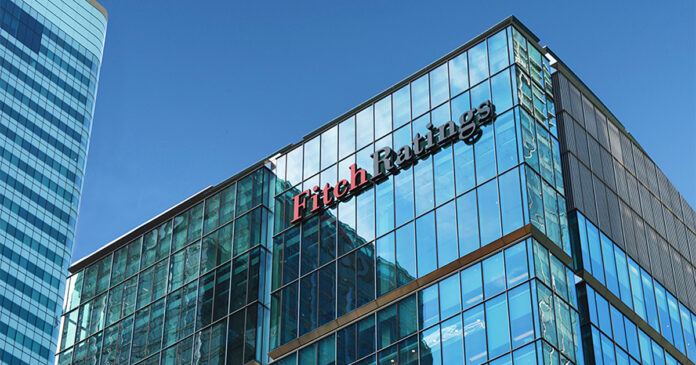Rating agency Fitch has issued a warning to South Africa, emphasizing the need for the country to implement structural reforms to address its weak economic growth outlook in the medium term.
Fitch predicts that South Africa’s gross domestic product (GDP) will remain below 1% this year due to ongoing energy crises, logistical constraints, and high levels of income inequality.
Fitch’s primary ratings analyst, Thomas Garreau, stated that the agency forecasts real GDP growth to accelerate to 0.9% in 2024 and 1.3% in 2025, up from an estimated 0.5% in 2023.
[ Naspers Seeks To Invest In African Startups And Foster Growth ]
However, if the economy only grows by 0.5% in 2023, as predicted by Fitch, it would fall below other estimates. Both the SA Reserve Bank and the National Treasury forecast 0.8% growth.
Garreau highlighted the significant challenges faced by the South African economy, including electricity capacity constraints, a struggling logistics sector, and a high level of inequality.
However, he noted that the opening of Transnet’s infrastructure to third-party freight operators in 2023 would help improve the performance of the logistics sector.
Fitch acknowledged the progress made in the second half of 2023 with the government’s Operation Vulindlela, a joint initiative of the Presidency and National Treasury aimed at accelerating the implementation of structural reforms and supporting economic recovery.
The operation focuses on modernizing and transforming network industries such as electricity, water, transport, and digital communications. It also prioritizes reforms to the visa regime to attract skills and promote growth in tourism.
Despite these efforts, Fitch expressed concerns about the slow improvements in power generation capacity, stating that load shedding would decrease in intensity but not disappear in 2024 and 2025 compared to 2023.
Garreau mentioned that the return of three units at the Kusile power station and the synchronization of unit 5 in late 2023 added a total of 3,200MW to generation capacity. Additionally, private-sector investments are expected to contribute further capacity, with confirmed projects representing 12GW of new capacity.
However, Fitch noted that the legal separation of Eskom into three divisions, aimed at creating a competitive and open electricity market, is progressing slowly, and full separation is not expected before 2025.
In its assessment, Fitch maintained South Africa’s credit rating at “BB-” with a stable outlook. This rating keeps South Africa’s sovereign bonds below investment level according to all three major ratings agencies: Fitch, S&P, and Moody’s.
Catch up with the latest news from The Times Post on WhatsApp by following our channel. Click here to join.


